Research interests
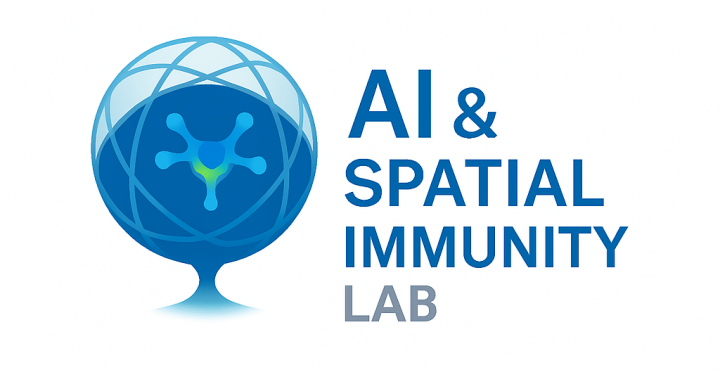
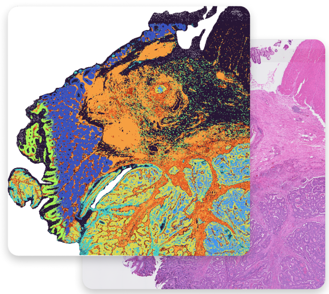 Our lab focuses on advancing cancer immunology and immunotherapy by integrating artificial intelligence with spatial biology to uncover the mechanisms underlying tumor-immune interactions. We develop innovative spatial sequencing and spatial perturbation technologies, alongside AI models for integrative multi-omics analysis. By combining bench-based experimentation with computational modeling, we have a highly interdisciplinary environment where insights from each approach inform and accelerate the other. In our lab, our goal is to gain a more comprehensive understanding of the tumor microenvironment and to uncover novel therapeutic strategies for improving cancer treatment.
Our lab focuses on advancing cancer immunology and immunotherapy by integrating artificial intelligence with spatial biology to uncover the mechanisms underlying tumor-immune interactions. We develop innovative spatial sequencing and spatial perturbation technologies, alongside AI models for integrative multi-omics analysis. By combining bench-based experimentation with computational modeling, we have a highly interdisciplinary environment where insights from each approach inform and accelerate the other. In our lab, our goal is to gain a more comprehensive understanding of the tumor microenvironment and to uncover novel therapeutic strategies for improving cancer treatment.
Technologies for spatial multi-omics sequencing
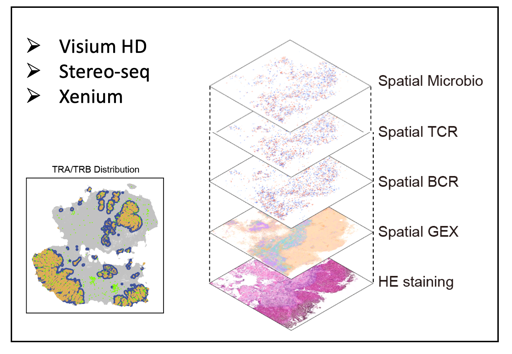
We develop technologies for spatial multi-omics profiling, including spatial microbiome and T/BCR sequencing, built upon high-throughput single-cell platforms such as Visium HD, Stereo-seq, and Xenium. In parallel, we develop computational toolkits to analyze these high-dimensional spatial datasets, aiming to decode the tumor microenvironment from different perspectives.
Technologies for CRISPR perturbations
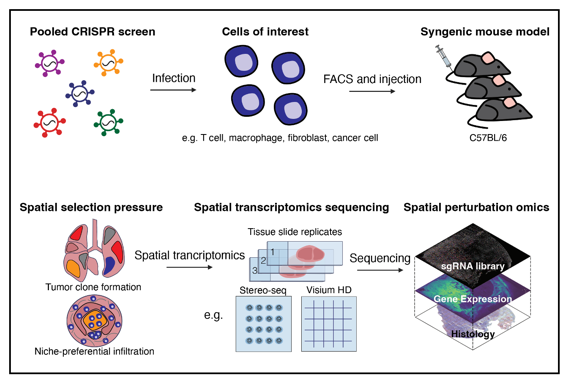
We develop high-throughput, single-cell resolution spatial CRISPR screening technologies that are compatible with commercially available genome-scale spatial transcriptomics platforms, including Stereo-seq and Visium HD. In parallel, we design CRISPR screening strategies targeting diverse immune and cancer cell types – such as CD4⁺ T cells, CD8⁺ T cells, B cells, macrophages, and fibroblasts – in both in vitro and in vivo settings, to identify key regulators of immune processes.
AI models for multi-omics
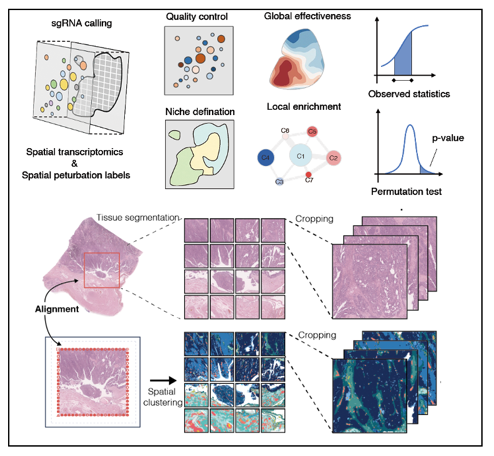
We develop machine learning and statistical methods to handle the growing complexity of multi-omics data. Our work includes training foundation models from scratch, as well as fine-tuning pre-trained models for transfer learning applications. To support broad usability, we build both Python and R packages as toolkits for multi-omics analysis and develop interactive web platforms to visualize and explore our data. Our goal is to uncover the interplay between different biological factors within the tumor microenvironment and to identify key regulatory genes driving immune responses and disease progression.